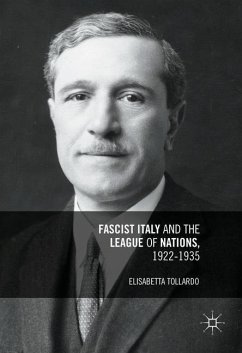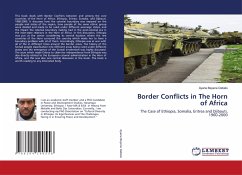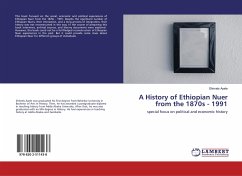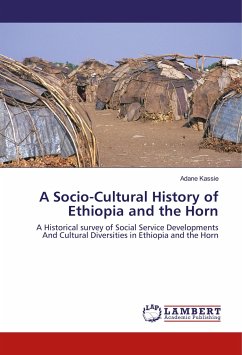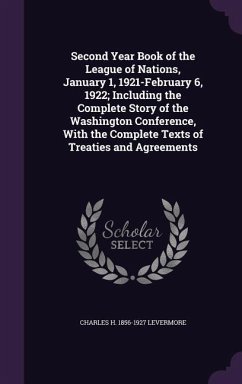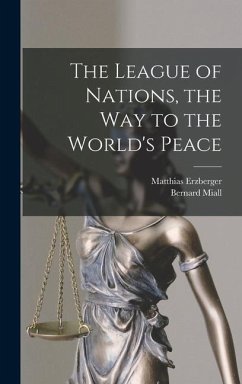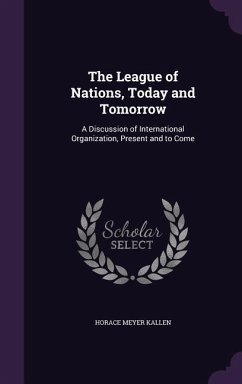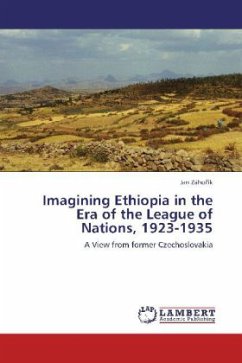
Imagining Ethiopia in the Era of the League of Nations, 1923-1935
A View from former Czechoslovakia
Versandkostenfrei!
Versandfertig in 6-10 Tagen
32,99 €
inkl. MwSt.

PAYBACK Punkte
16 °P sammeln!
The book "Imagining Ethiopia in the Era of the League of Nations, 1923-1935" reflects so far rather neglected topic, which is the position of Ethiopia in international affairs before the Italian invasion in 1935. In 1923, Ethiopia entered the League of Nations as the only African country. Due to broader historical and political context, Ethiopia was not only considered as the lowest member, but also found itself under continuous pressure from the European powers. Great Britain, France, and Italy had constant economic interests in Ethiopia, yet their knowledge about the Ethiopian social and pol...
The book "Imagining Ethiopia in the Era of the League of Nations, 1923-1935" reflects so far rather neglected topic, which is the position of Ethiopia in international affairs before the Italian invasion in 1935. In 1923, Ethiopia entered the League of Nations as the only African country. Due to broader historical and political context, Ethiopia was not only considered as the lowest member, but also found itself under continuous pressure from the European powers. Great Britain, France, and Italy had constant economic interests in Ethiopia, yet their knowledge about the Ethiopian social and political environment was rather limited. This book also reveals many of the European imaginations in regard to Ethiopia, especially that of Italy and former Czechoslovakia. Ethiopia's relations with some other regions of the world are also included. Generally, the book sheds some new light on how Ethiopia was viewed in Europe between world wars and puts historical findings into a broader perspective.




